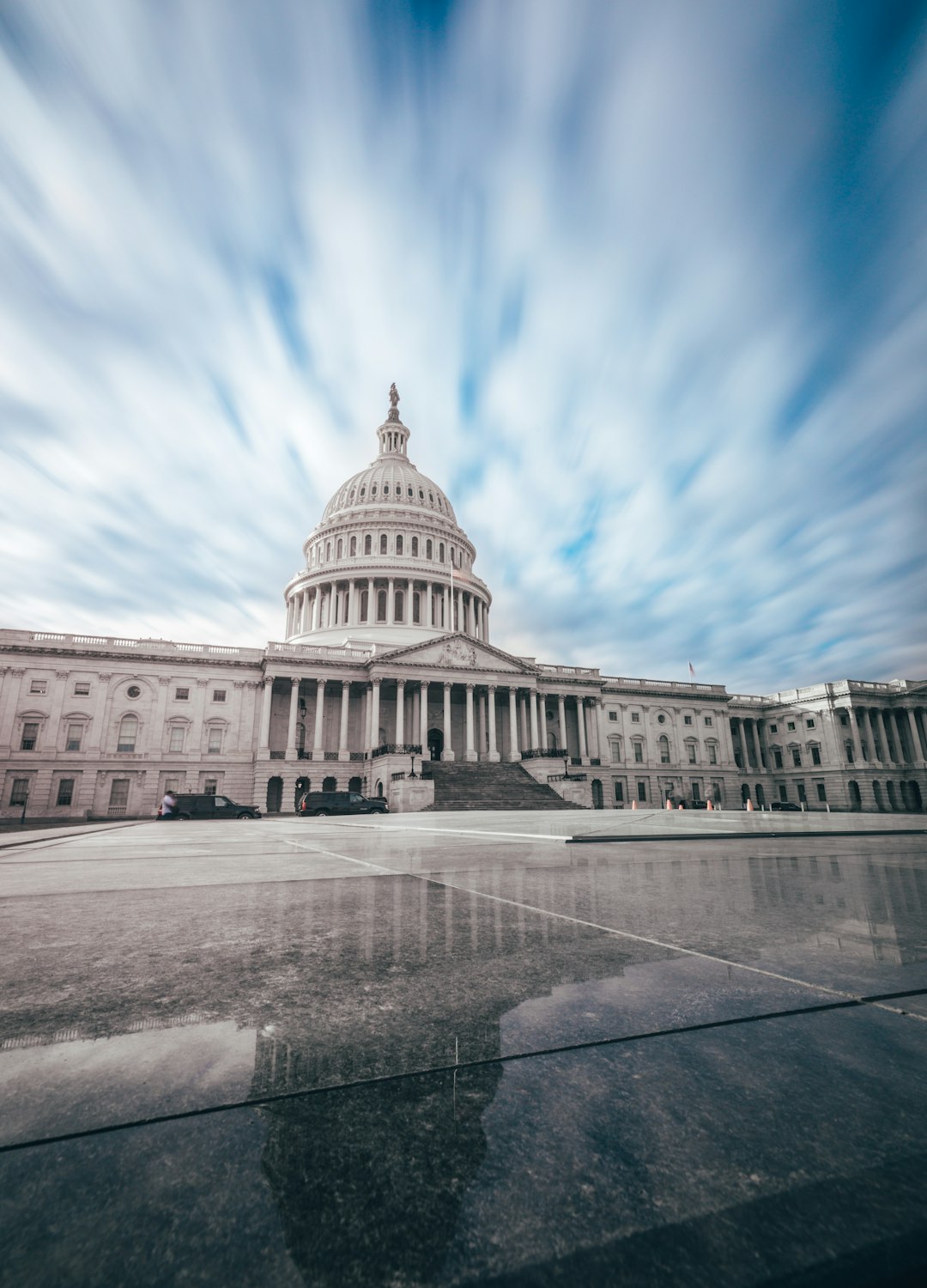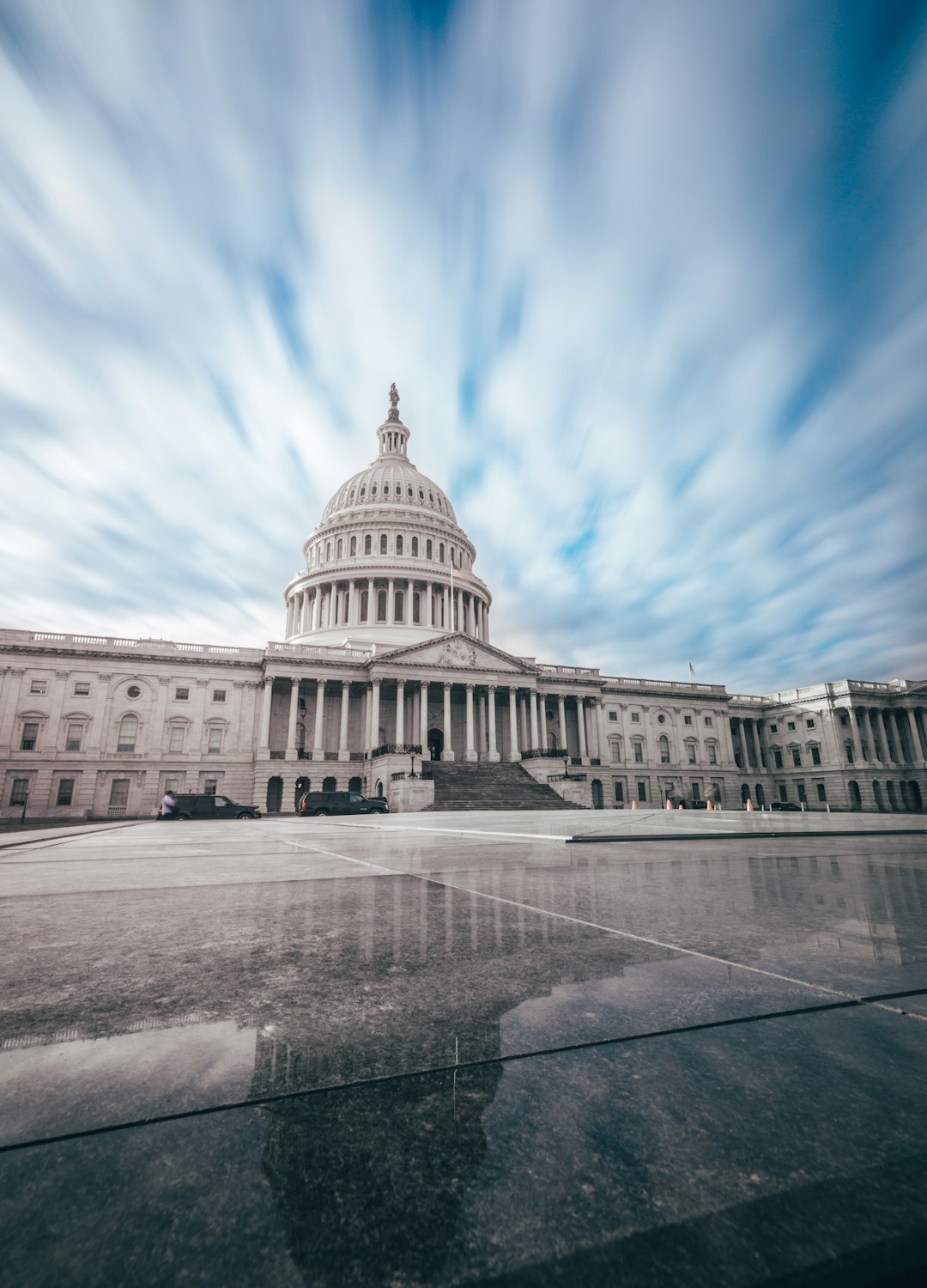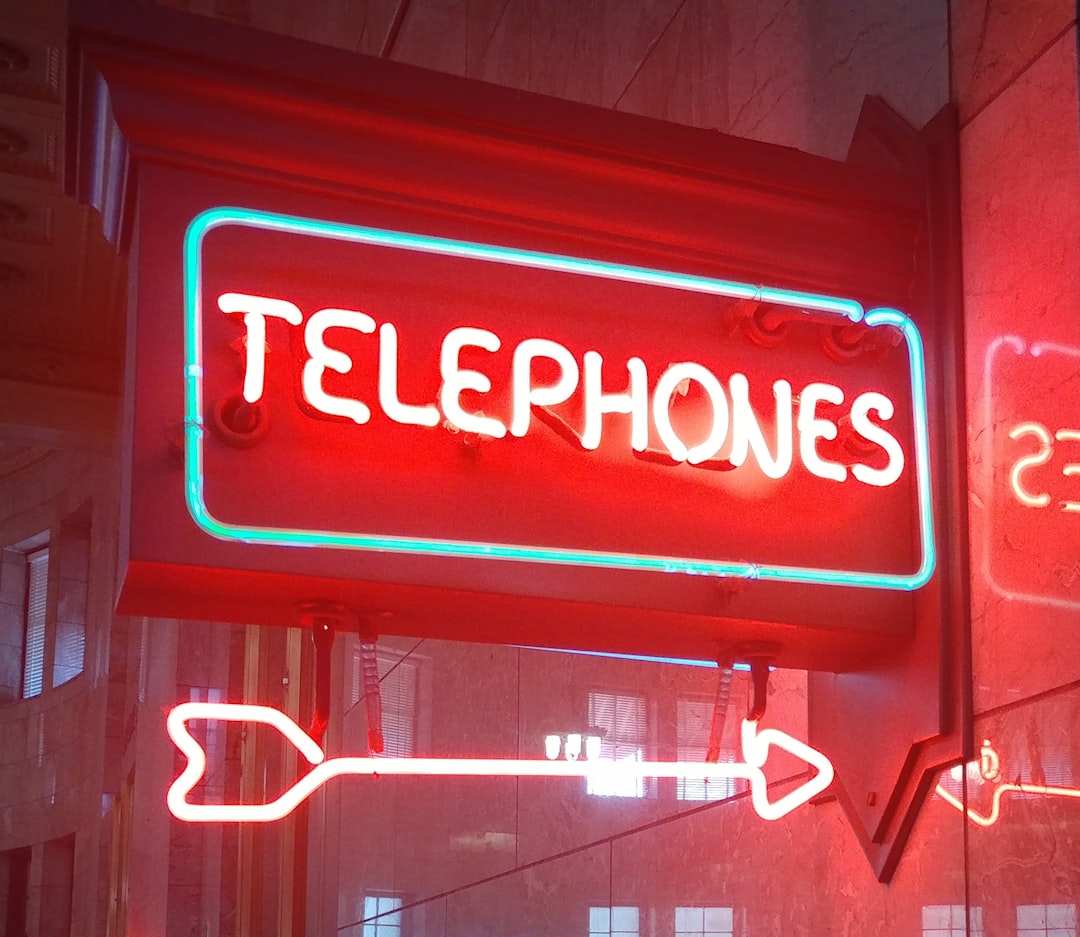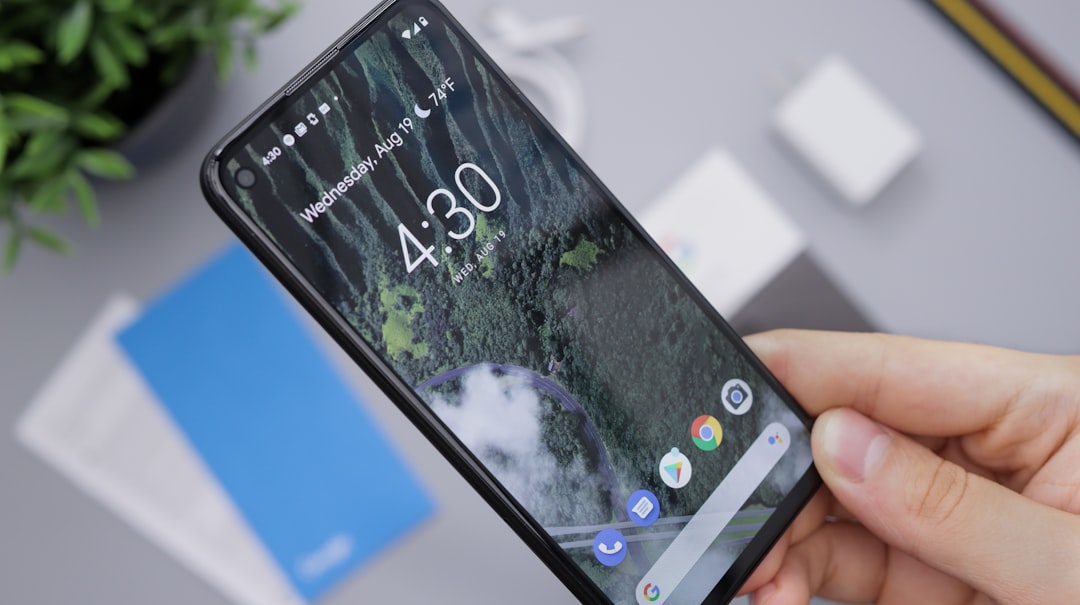Des Moines residents in Washington State face challenges from spam texts (robocalls via text). Despite laws protecting consumers under the state's Consumer Protection Act, awareness of these rights is crucial. Residents can protect themselves by registering on the National Do Not Call Registry, using smartphone tools to block calls, reporting spam texts, and employing specialized apps. By taking these proactive steps, they can combat unwanted robotexts, protect their privacy, and enhance their digital experiences in Spam Text Washington.
In the digital age, consumers in Des Moines, WA, face a new challenge with the rise of spam texts, or robotexts. Understanding these automated messaging campaigns is crucial, especially within the legal framework of Washington State, which offers robust protections against unsolicited communications. This article explores consumer rights and options available to Des Moines residents when dealing with unwanted robotexts, highlighting strategies to safeguard privacy in a world increasingly dominated by digital marketing. Learn how to navigate this modern-day enigma and exercise your rights as a tech-era consumer in Washington State.
Understanding Robotexts and Consumer Rights in Washington State

In the digital age, consumers in Washington State, including Des Moines residents, face new challenges from spam texts, often referred to as robotexts. These automated messages, typically unsolicited, can range from promotional offers to scam alerts. Understanding consumer rights regarding spam text is crucial for protecting oneself against potential fraud and unwanted intrusions into personal communication.
Washington State has laws in place to safeguard consumers from abusive or deceptive practices, including spam texts. The state’s Consumer Protection Act prohibits businesses from sending unsolicited text messages unless the recipient has provided explicit consent. This means that Des Moines residents have a right to refuse receiving these messages and can take action against companies that violate their privacy. Awareness of these rights is essential as consumers navigate the ever-evolving landscape of digital communication, ensuring they are protected against spam texts while engaging with legitimate business offers.
The Legal Framework for Protecting Des Moines Residents from Spam Texts

In Washington State, including the vibrant community of Des Moines, consumers are protected from unsolicited or spam texts under the Telemarketing and Consumer Fraud and Abuse Prevention Act (TCFAPA). This federal law sets guidelines for businesses engaging in telemarketing activities, ensuring that residents’ privacy is respected. The TCFAPA prohibits companies from sending text messages for promotional purposes without prior express consent from the recipient.
Des Moines residents facing spam texts have legal recourse. They can report these incidents to the Washington State Attorney General’s Office, which actively enforces laws against telemarketing fraud. This office provides resources and support to help individuals understand their rights and take action against unwanted spam text messages. By holding businesses accountable, this legal framework aims to minimize the nuisance and potential harm caused by unsolicited texts, ensuring a safer digital environment for Des Moines residents.
What Options Do Consumers Have When Facing Unwanted Robotexts?

When faced with unwanted robotexts, consumers in Des Moines, WA have several options available to them. The first step is to understand that while these messages may seem relentless, there are legal protections in place to combat spam text messages. Residents can register their phone numbers on the National Do Not Call Registry, which will prevent most automated and telemarketing calls, including robotexts. Many smartphones also have built-in tools to block specific numbers or types of calls, providing an immediate solution for filtering out unwanted spam text Washington residents may receive.
Additionally, consumers can report these messages to their service providers or use specialized apps designed to combat robocalls and spam texts. These services often employ advanced technologies to identify and filter out such messages before they reach the recipient’s device. Engaging with these tools or notifying your carrier is a proactive step that can significantly reduce the volume of unsolicited robotexts received in Des Moines, ensuring a more peaceful digital experience for residents.
Effective Strategies to Combat Robotexts and Ensure Consumer Privacy

Robotexts, or automated spam texts, have become a growing concern for consumers in Des Moines, WA, and across Washington state. To combat this issue effectively, residents can employ several strategies to protect their privacy and reduce unwanted messaging. Firstly, most mobile carriers offer tools and settings that allow users to block specific numbers or types of messages, such as those classified as spam. Utilizing these features is a proactive step towards minimizing the influx of robotexts.
Additionally, registering for Do-Not-Call lists dedicated to preventing automated marketing calls and texts can be highly effective. Washington state laws support consumer rights, and many reputable companies adhere to these regulations. Reporting excessive or nuisance robotexts to local authorities or relevant government agencies is another powerful way to contribute to the collective effort of curbing spam text activity in Des Moines and beyond.






